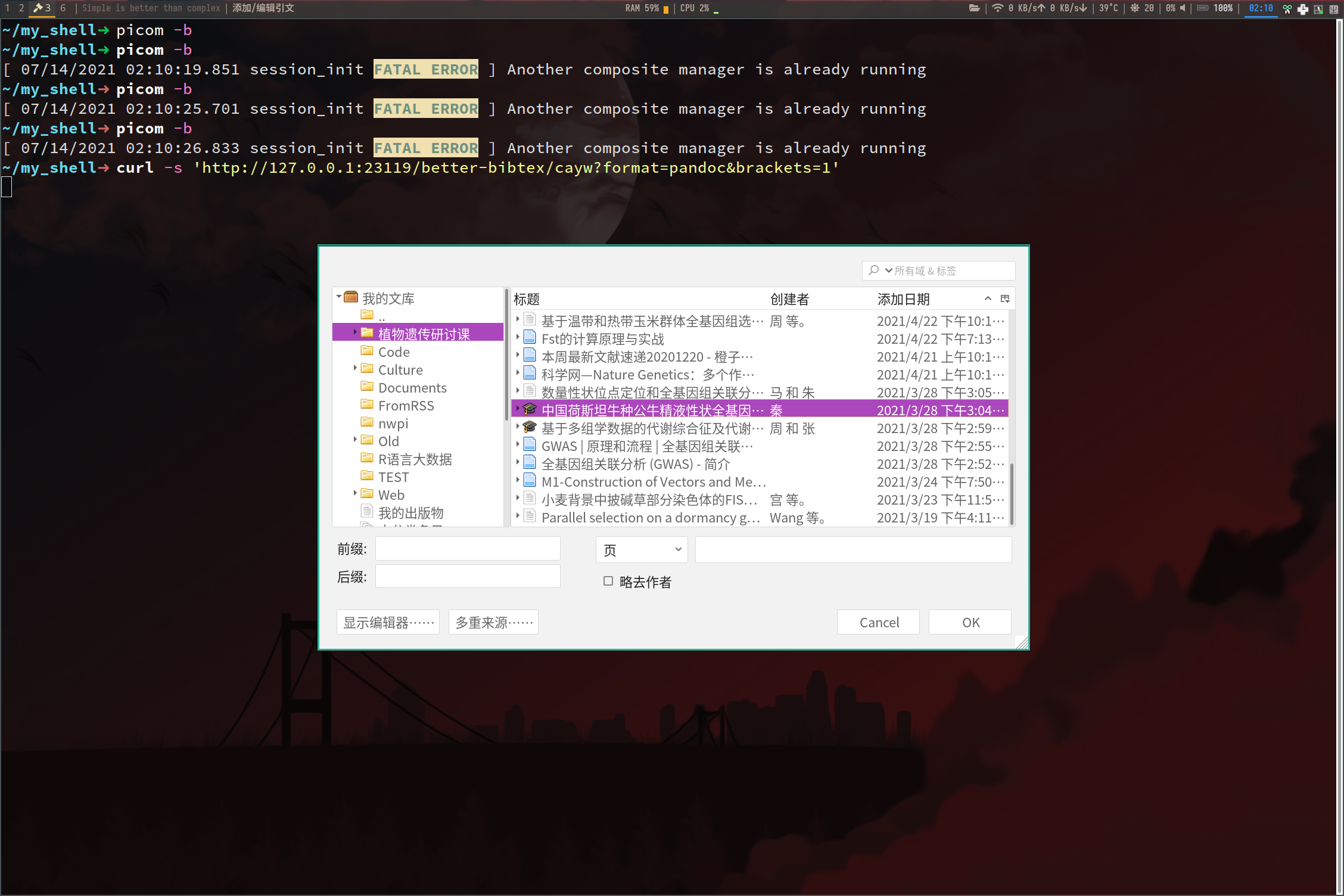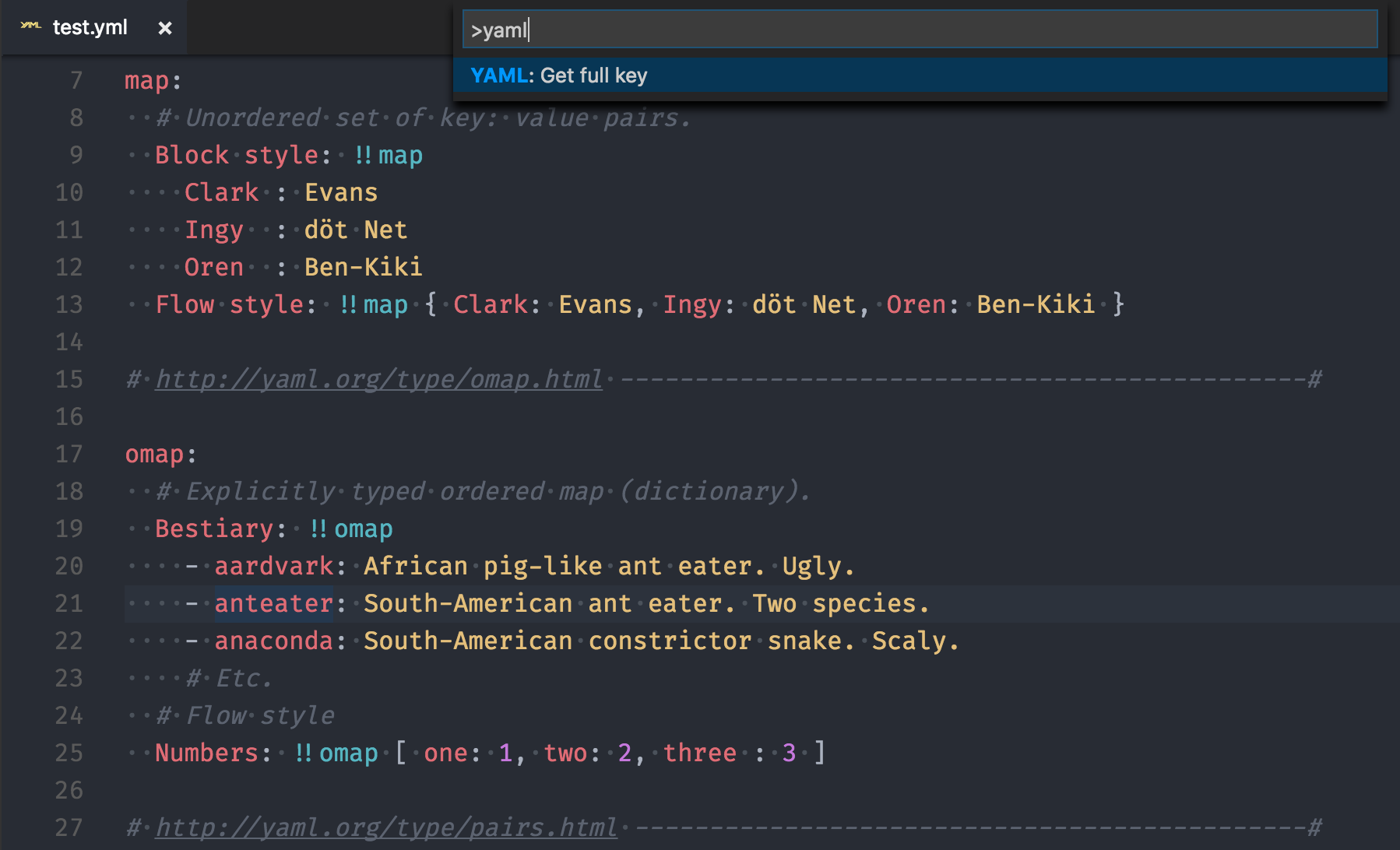
Note that only the first character of the selection specified with the -selection option is important.

However, -v couldn't be used because it is ambiguous (it could be short for -verbose or -version), so it would be interpreted as a filename. For example, it is possible to use -d or -disp instead of -display. Options can be abbreviated as long as they remain unambiguous. You can use the -verbose option to see if and when xclip actually receives selection requests from other X applications. The default action is to silently wait in the background for X selection requests (pastes) until another X application places data in the clipboard, at which point xclip exits silently. Xclip was designed to allow tighter integration of X applications and command line programs. xclip can also print the contents of a selection to standard out with the -o option. It reads from all files specified, or from standard in if no files are specified.

Xclip reads text from standard in or files and makes it available to other X applications for pasting as an X selection (traditionally with the middle mouse button). Once the timer expires, the selection buffer is cleared so the data cannot be pasted again. If a subsequent paste request arrives before the timer expires, reset the timer. See Notes -wait nĪfter the first paste, wait for n milliseconds. This is currently implemented as -wait 50. non UTF-8) mode for backwards compatibility (Use this option only when really necessary, as the old behavior was broken) -sensitiveĬlear sensitive data from seleciton buffer after being pasted once. Provide a running commentary of what xclip is doing -noutf8 Show informational messages on the terminal and run in the foreground -verbose

Specify which X selection to use, options are "primary" to use XA_PRIMARY (default), "secondary" for XA_SECONDARY or "clipboard" for XA_CLIPBOARD -versionįork into the background to wait for requests, no informational output, errors only (default) -quiet "localhost:0"), xclip defaults to the value in $ DISPLAY if this option is omitted -h, -help For more information about target atoms refer to ICCCM section 2.6.2 -d, -display With -o the special target atom name "TARGETS" can be used to get a list of valid target atoms for this selection. Specify a particular data format using the given target atom. Number of X selection requests (pastes into X applications) to wait for before exiting, with a value of 0 (default) causing xclip to wait for an unlimited number of requests until another application (possibly another invocation of xclip) takes ownership of the selection. This option is useful for copying one-line output of programs like pwd to the clipboard to paste it again into the command prompt without executing the line immediately due to the newline character pwd appends. If the selection does not end with a newline character, this option has no effect. Newline characters that are not the last character in the selection are not affected. When the last character of the selection is a newline character, remove it. When xclip is invoked in the in mode with output level set to silent (the defaults), the filter option will cause xclip to print the text piped to standard in back to standard out unmodified -r, -rmlastnl Print the selection to standard out (generally for piping to a file or program) -f, -filter Read text into X selection from standard input or files (default) -o, -out

Prints current X selection to standard out. Reads from standard in, or from one or more files, and makes the data available as an X selection for pasting into X applications.


 0 kommentar(er)
0 kommentar(er)
